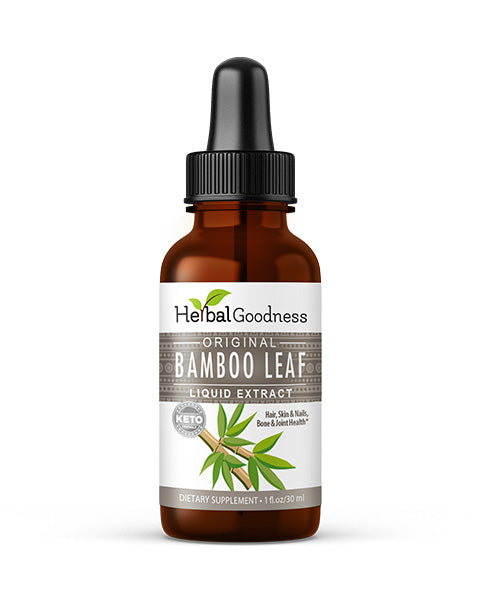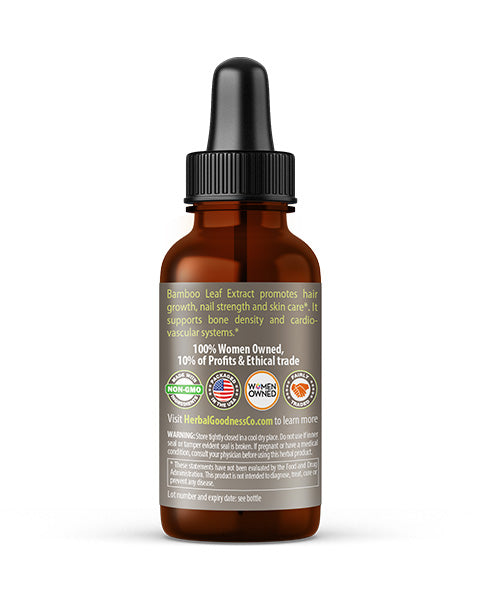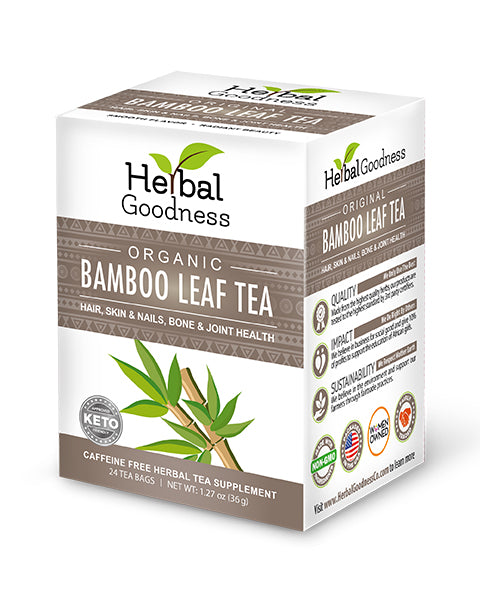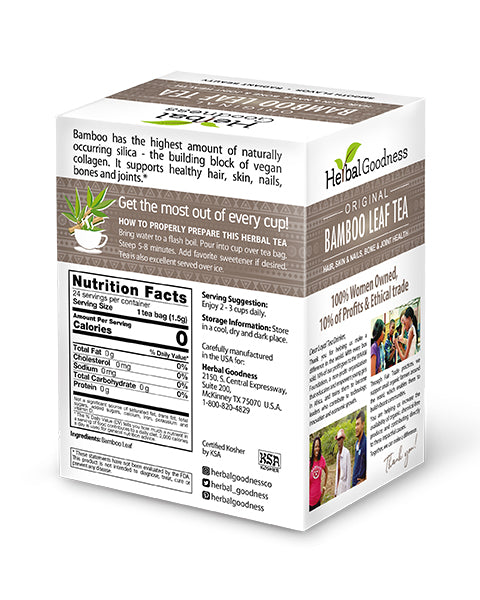Supporting Gut Health with Herbs: A Natural Approach

Maintaining a healthy gut is vital for overall well-being. The gut plays a significant role in digestion, nutrient absorption, and even immune function. When the gut is in balance, it supports everything, from your mood to your energy levels. However, modern diets, stress, and environmental factors can sometimes disrupt this delicate balance, leading to digestive discomfort and other health issues. Luckily, herbs have been used for centuries to support gut health naturally, offering a gentle yet effective way to promote digestion, soothe irritation, and restore balance.
This article explores the best herbs for gut health, how they work, and simple ways to incorporate them into your daily routine. By adding these powerful plants to your diet, you can support your digestive system, encourage better nutrient absorption, and maintain a healthy gut environment.
Why Gut Health Matters:
The gut, often referred to as the “second brain,” is home to trillions of bacteria that form what’s known as the gut microbiome. This complex ecosystem plays a key role in breaking down food, producing essential vitamins, and protecting the body from harmful pathogens. A healthy gut microbiome also influences mental health by producing neurotransmitters like serotonin, which affect mood and emotional well-being.
When gut health is compromised, due to factors like poor diet, lack of sleep, stress, or antibiotic use, it can lead to issues such as bloating, indigestion, constipation, and even more serious conditions like irritable bowel syndrome (IBS). Supporting gut health with herbs can help lessen these issues by promoting balance and digestive function.
How Herbs Support Gut Health:
Herbs can support the gut in a variety of ways. Some herbs help soothe the digestive tract, managing irritation and discomfort, while others promote healthy digestion by stimulating bile production or encouraging regular bowel movements. Additionally, certain herbs have antimicrobial properties that can help maintain a healthy balance of gut bacteria.
Herbs are a gentle way to support gut health without the side effects that can come with over-the-counter digestive aids. They can be used in teas, tinctures, or even added to meals, making them a versatile option for those looking to promote their digestive wellness naturally.
Top Herbs for Gut Health:
1. Ginger: Ginger is one of the most well-known herbs for supporting digestion. It has been used for centuries in traditional medicine to manage bloating, and stimulate digestion. Ginger contains active compounds called gingerols and shogaols, which help to relax the muscles of the gastrointestinal tract, making it easier for food to pass through the system. This helps hinder issues like indigestion and gas.
- How to Use Ginger: Fresh ginger can be added to smoothies, juices, or brewed into a soothing tea. You can also use ginger powder in cooking to add both flavor and digestive benefits to meals.
2. Peppermint: Peppermint is widely recognized for its ability to soothe digestive issues. The menthol in peppermint relaxes the muscles of the digestive tract, which can help slow symptoms of irritable bowel syndrome (IBS), including bloating, gas, and cramping. It also helps promote the flow of bile, aiding in the digestion of fats.
- How to Use Peppermint: Peppermint tea is a popular way to enjoy the benefits of this herb. It can also be taken as a supplement or used as an essential oil (externally, in diluted form) to massage the abdomen for digestive relief.
3. Fennel: Fennel seeds have long been used to support digestion and slow symptoms like bloating and gas. The essential oils in fennel help relax the muscles of the intestines, making it easier for food to pass through. Fennel is also known for its ability to lessen bloating and help with constipation by stimulating digestive juices and bile production.
- How to Use Fennel: Fennel seeds can be chewed after meals to aid digestion or brewed into a tea. You can also use fennel in cooking, adding its slightly sweet, licorice-like flavor to dishes.
3. Chamomile: Chamomile is a gentle herb that helps soothe the digestive system and manage inflammation. It is particularly beneficial for people with sensitive stomachs or those experiencing stress-related digestive issues. Chamomile can help relax the muscles of the intestines, making it easier for the digestive system to function smoothly.
- How to Use Chamomile: Chamomile tea is a popular choice for calming both the digestive system and the mind. Drinking a cup before bed can help turn down digestive discomfort and promote restful sleep.
4. Licorice Root: Licorice root has been used in traditional medicine to soothe inflammation in the digestive tract and support the healing of ulcers. It helps protect the stomach lining by increasing mucus production, which can act as a barrier against stomach acid. Licorice root also has mild laxative effects.
- How to Use Licorice Root: Licorice root can be brewed into tea or taken as a supplement. However, people with high blood pressure should use licorice with caution, as it can raise blood pressure when consumed in large amounts.
5. Dandelion: Dandelion root is a powerful herb for supporting liver function, which is closely linked to digestion. The liver plays a critical role in breaking down fats, detoxifying the body, and producing bile, which is necessary for digestion. Dandelion root helps stimulate bile production and supports healthy digestion, especially after consuming heavy meals.
- How to Use Dandelion: Dandelion root can be brewed into a tea or taken as a supplement. You can also add dandelion greens to salads or smoothies for an extra nutritional boost.
6. Turmeric: Turmeric, known for its vibrant yellow color, contains a compound called curcumin that has potent anti-inflammatory properties. It can help maange inflammation in the gut, which is especially beneficial for people with conditions like IBS or Crohn's disease. Turmeric also supports the production of bile, aiding digestion and promoting a healthy gut environment.
- How to Use Turmeric: Turmeric can be added to meals, smoothies, or taken as a supplement. For better absorption of curcumin, pair turmeric with black pepper.
7. Slippery Elm: Slippery elm is a soothing herb that helps protect the mucous membranes of the digestive tract. It forms a gel-like substance when mixed with water, which coats and soothes the lining of the stomach and intestines, making it helpful for people dealing with acid reflux, ulcers, or inflammatory bowel conditions.
- How to Use Slippery Elm: Slippery elm can be taken as a powder mixed with water or in capsule form. It can also be brewed into tea to promote wellness.

How to Incorporate Herbs into Your Routine:
Incorporating herbs into your daily routine can be simple and enjoyable. Here are a few easy ways to start supporting your gut health with herbs:
- Herbal Teas: Many gut-supporting herbs, like peppermint, ginger, and chamomile, can be enjoyed in the form of tea. Drinking a cup of herbal tea after meals can aid digestion and provide a soothing feeling from digestive discomfort.
- Supplements: If you're looking for a more concentrated form of certain herbs, supplements are a convenient option. Look for high-quality, organic supplements that contain the herbs you need to support gut health.
- Cooking: Incorporate herbs like turmeric, fennel, and ginger into your meals for both flavor and digestive benefits. Add them to soups, stews, salads, or smoothies to boost your gut health naturally.
Conclusion:
Supporting gut health with herbs is a gentle, natural way to maintain digestive balance. Whether you’re looking to ease occasional discomfort or simply nurture your digestive system, herbs like ginger, peppermint, fennel, and chamomile can help.
For added support, try our Gut Digest Plus - Organic - Liquid - Herbal Goodness.
This organic herbal blend is crafted to promote digestive comfort, balance, and overall gut wellness.
📖 Want to learn more? Download our Ultimate Guide to Gut Health | Herbal Goodness for practical insights, tips, and routines to strengthen your digestive system naturally.
Take charge of your gut health today!
Interested in learning more about natural ways to support your gut health? Sign up for our newsletter for more tips, recipes, and product updates from Herbal Goodness! CLICK HERE
Related: What Our Poop Reveals About Digestive & Gut Health | Herbal Goodness














